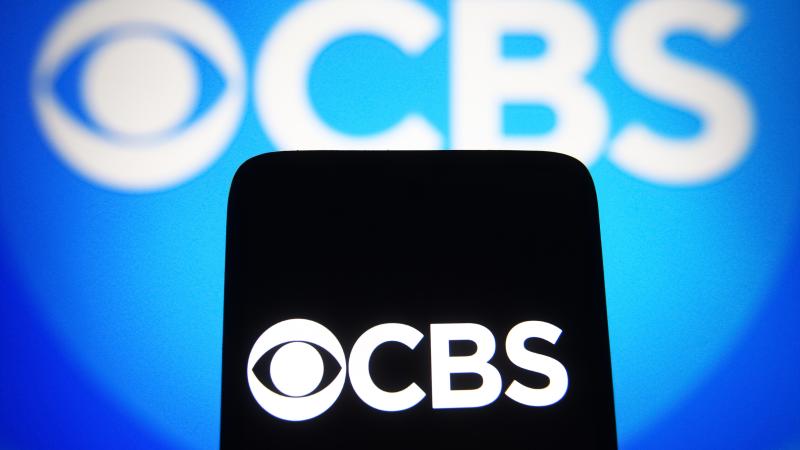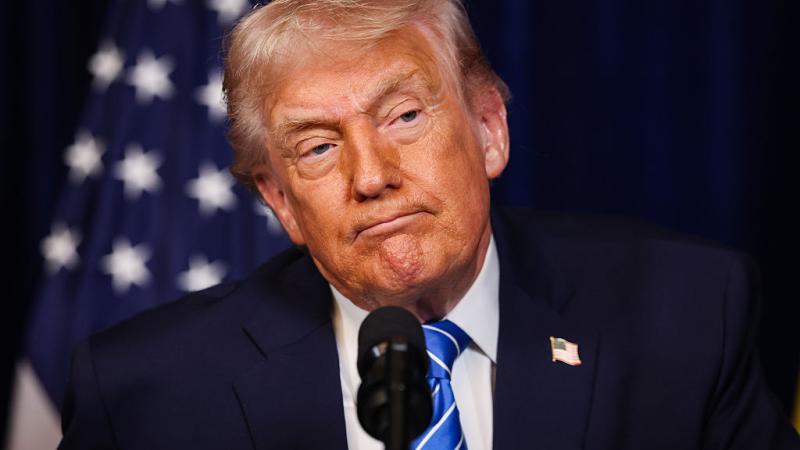Knight Foundation leads $26M effort to keep local TV, radio stations on air after federal cuts
The group is providing an emergency $26.5 million cash injection to stabilize the stations most at risk, aiming to raise additional money for the fund and reach $50 million this year
Philanthropists and foundations have created a fund to support local radio and TV stations after Congress cut their federal funding.
Tim Isgitt, head of the Public Media Company, told a group of philanthropists in Philadelphia in June that the closure of roughly 115 local radio and TV stations could result in fewer dollars in the public media system to pay for programming, The New York Times reported Tuesday. As a result, other local stations could eventually close.
The group is providing an emergency $26.5 million cash injection to stabilize the stations most at risk, aiming to raise additional money for the fund and reach $50 million this year.
“We believe it’s crucial to have a concerted, coordinated effort to make sure that the stations that most critically need these funds right now have a pathway to get them,” said Maribel Pérez Wadsworth, the president and CEO of the Knight Foundation, one of the major backers of the fund.
In July, President Trump signed the $9 billion rescissions package that largely pulled funding for foreign aid programs such as the U.S. Agency for International Development, but also cut funding for the Corporation for Public Broadcasting.
The fund is not for PBS and NPR, which are better-funded national organizations that can survive without government support.
The Knight Foundation and others are instead focused on the many public radio and TV stations that historically received more than 30% of their funding from the Corporation for Public Broadcasting, which has announced its closure due to federal funding cuts. Many of the stations are in rural areas, such as in remote regions of Alaska and Kansas, where residents don’t have access to alternative news sources.
The Knight Foundation is committing $10 million to the fund, which is to be disbursed before the end of the year. Along with the Knight Foundation, the Ford Foundation, the MacArthur Foundation, the Schmidt Family Foundation, Pivotal Ventures, and the Robert Wood Johnson Foundation have already committed nearly $27 million toward the effort, which is called the Public Media Bridge Fund.
The MacArthur Foundation is separately contributing $10 million outside the fund.
Since President Trump's election victory, Isgitt discussed the plan with the CEOs of PBS and NPR, and began coordinating with foundations.
Wadsworth spoke with Isgitt last month to discuss the fund and how philanthropy might work to help stations. She has since held virtual meetings to bring other philanthropists on board.
The Public Media Company will administer the fund and solicit applications from stations.
Wadsworth said she anticipates that many applicants will come from rural areas, where numerous stations have relied on government funding to operate.
PBS and NPR are already offering members – smaller stations – a discount on dues payments. The CEOs of both organizations have already started briefing members on the fund from the foundations.
Wadsworth said that philanthropy is not a long-term solution to the federal funding cuts.
Isgitt noted that many stations will need to merge or pool their resources to save costs.
He explained that about $100 million would be needed over the next two years to prevent widespread closures. Additionally, he predicted that if those stations did close, other buyers could come in to acquire the stations’ valuable broadcast spectrum and eliminate local news and emergency services.
“We’ll do the best we can with the resources available to us to secure as much local service as possible,” Isgitt said. “But if we aren’t able to raise the money, we can’t fill all the gaps.”














